- News
-
-
-
-
-
Latest News Articles
- Wildlife Vocalizations: Kylie Perez April 19, 2024
- Warning drivers about wandering wildlife April 19, 2024
- 2024 TWS Elections: Canadian Representative April 18, 2024
-
-
-
- Wildlife Professional Resources
-
- Our Network
-
- PUBLICATIONS
-
-
Recent Posts
-
 The Wildlife Professional November/December Issue
November 1, 2023
The Wildlife Professional November/December Issue
November 1, 2023
-
-
-
-
-
-
- Wildlife Events
-
-
-
Upcoming Webinars
- No Events
-
-
-
- Who We Are
-
Tag: reindeer
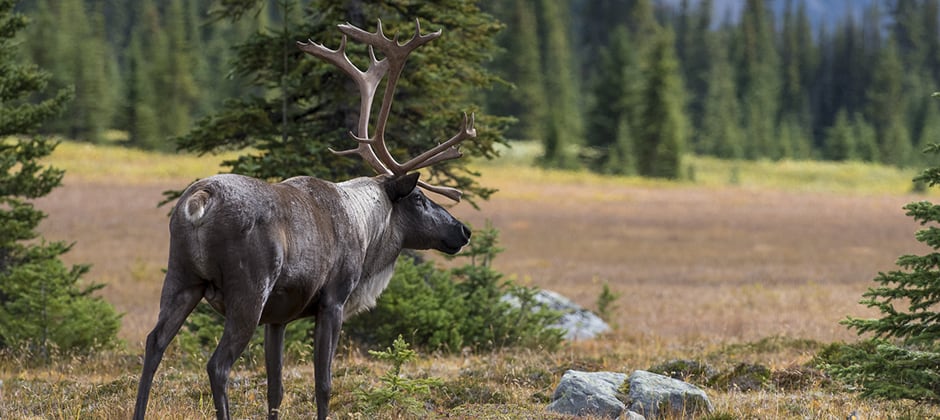
May 27, 2022
Genes reveal caribou are specialized to unique habitats
Caribou in northwestern Canada are often divided between two major groups. Barren ground caribou (Rangifer tarandus groenlandicus) make massive migrations across the continent. Woodland caribou (R.t. caribou) also travel, but...
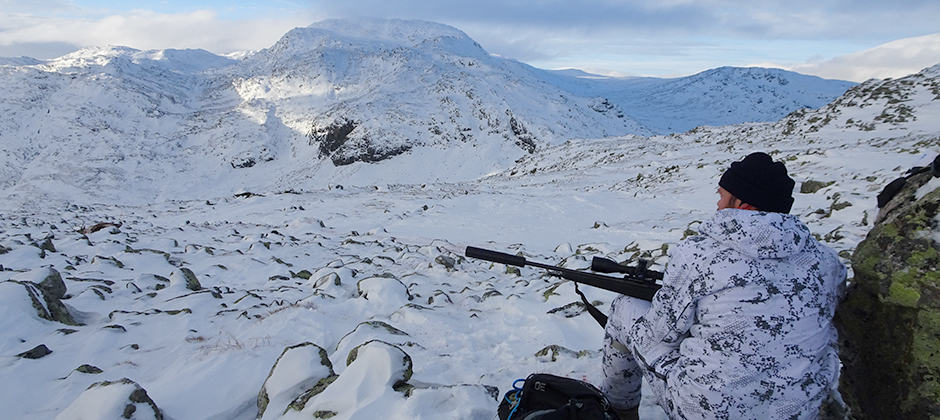
November 27, 2019
WSB: Marksmen outperform hunters eliminating infected herd
Chronic wasting disease has mostly affected North American wildlife, but when it appeared among reindeer in Norway in 2016, authorities took drastic action. Government officials ordered the eradication of the...

November 14, 2019
Wild Cam: Svalbard Reindeer rebound after near extirpation
At 35 degrees Fahrenheit, it was a relatively warm day in an Arctic archipelago far north of the Norwegian mainland. But drift ice still floated in the balmy summer water...

October 28, 2019
New map illustrates caribou decline in Canada
Caribou populations are dropping all across Canada, with one herd — the South Selkirk — in British Columbia down to just three females by April 2018. Caribou (Rangifer tarandus) herds...
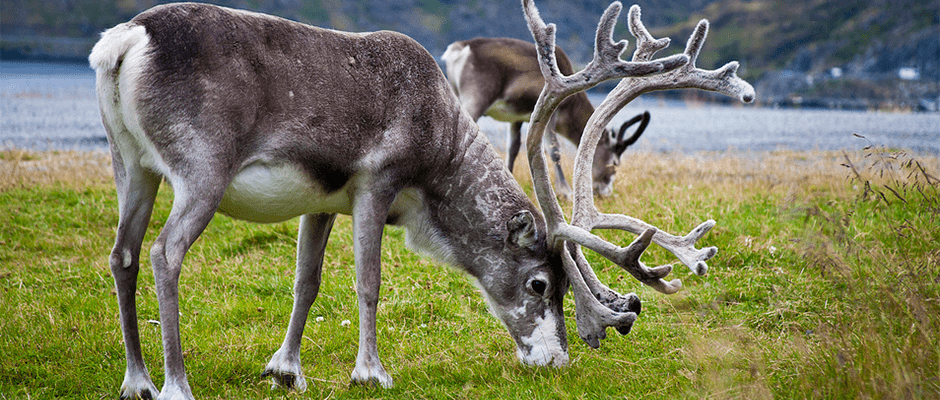
April 7, 2017
Norway to cull reindeer herd to stem CWD
Alarmed by the appearance of chronic wasting disease (CWD) in Norway, the country’s agriculture and food minister has approved a plan for hunters to cull an entire herd of 2,000...
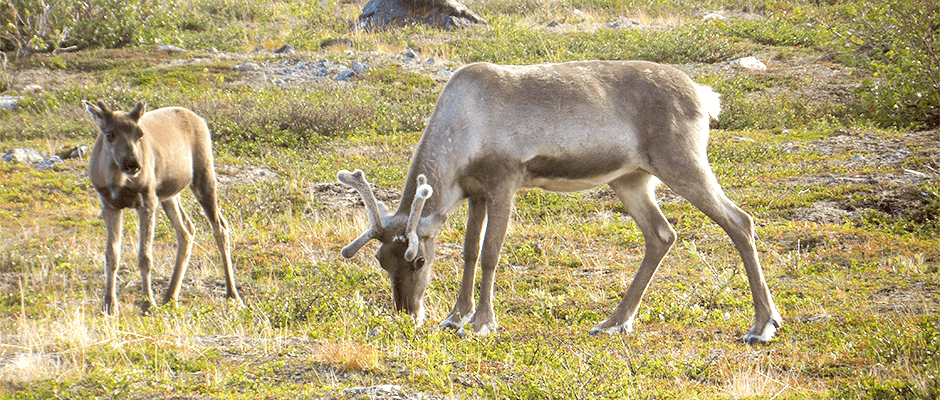
January 18, 2017
Could reindeer be slowing climate change?
As the climate warms and permafrost thaws, some tundra dwellers might be helping cool the planet. By grazing heavily and decreasing the height and prevalence of shrubs, reindeer (Rangifer tarandus)...
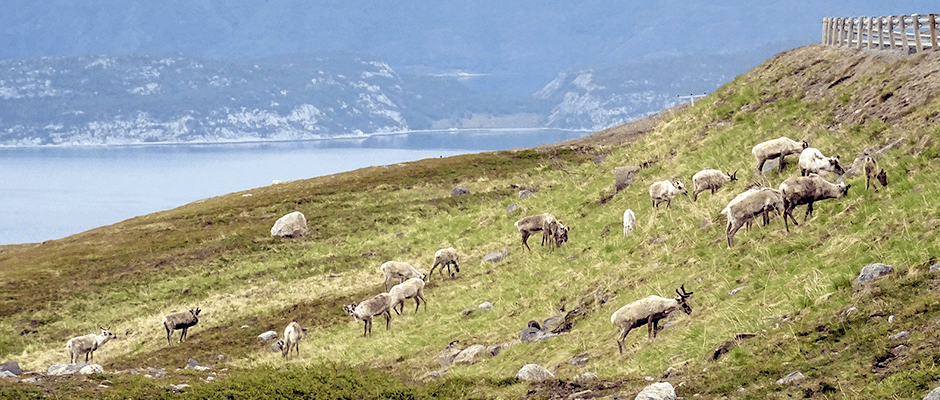
April 21, 2016
Chronic wasting disease detected in Europe for first time
A reindeer in Norway has been diagnosed with chronic wasting disease, a deadly disease that targets cervids, earlier this month. This is the first time the disease, which was first...
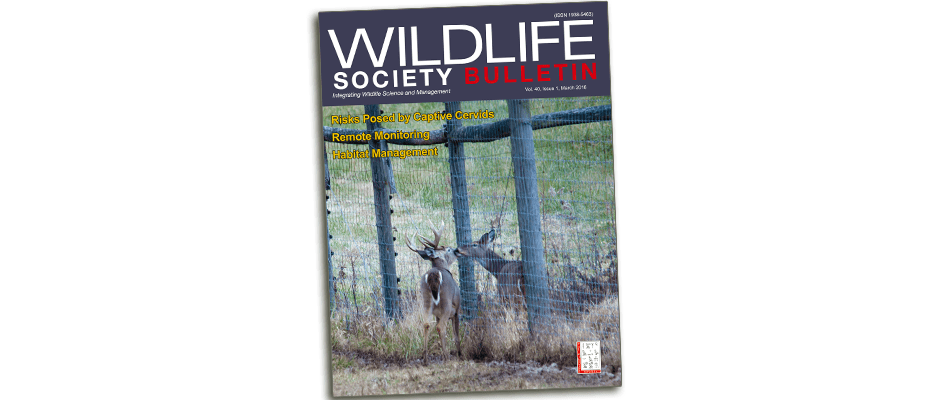
March 29, 2016
Announcing the March 2016 issue of the Wildlife Society Bulletin
The March 2016 issue (Vol. 40.1) contains 25 papers on a wide array of subjects including a special section titled “Risks Posed by Captive Cervids” that developed from a special...

